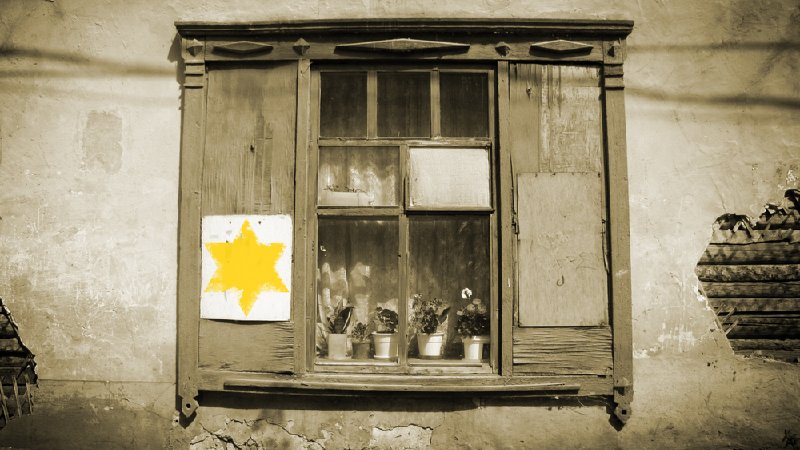
-
HOME
-
WHAT IS STANDOur Mission Our Values Our Help Contact
-
WHAT WE FIGHT FORReligious Freedom Religious Literacy Equality & Human Rights Inclusion & Respect Free Speech Responsible Journalism Corporate Accountability
-
RESOURCESExpert Studies Landmark Decisions White Papers FAQs David Miscavige Religious Freedom Resource Center Freedom of Religion & Human Rights Topic Index Priest-Penitent Privilege Islamophobia
-
HATE MONITORBiased Media Propagandists Hatemongers False Experts Hate Monitor Blog
-
NEWSROOMNews Media Watch Videos Blog
-
TAKE ACTIONCombat Hate & Discrimination Champion Freedom of Religion Demand Accountability
Lighting a Candle for Diversity This Hanukkah
I visited some Jewish friends the other day. They were preparing for Hanukkah. Not wishing to display my ignorance, I kept quiet, and decided to study up on Hanukkah when I got home.
This is what I learned.

Judaism’s history is one of exiles and returns. We’re all familiar with Moses’ delivery of the Jews from Egypt. But that was just one of many Jewish subjugations and repatriations. In fact, Jerusalem is not just the holy city of Judaism (and Islam and Christianity), it is one of the oldest cities on Earth, first settled in roughly the 4th millennium BCE, since which time it has been attacked 52 times, destroyed twice, laid siege to 23 times, and captured or recaptured 44 times.
“Religion is the first sense of community. Your sense of community occurs by reason of mutual experience with others.”
One of those captures occurred in 586 BCE, when the Babylonians conquered Jerusalem and dispatched its residents to slavery in Babylonia. Nearly 50 years later, they were allowed to return and rebuild their city and their temple. It is this second return, the “return to Zion,” that the Jews celebrate at Hanukkah.
Hanukkah is a weeklong family event, celebrated by singing, games and celebratory meals. It is perhaps best recognized by the lighting of the nine candles of the menorah, for which it is also sometimes referred to as the Festival of Lights.
This year, Hanukkah is celebrated between December 7 and December 15.
“Religion is the first sense of community. Your sense of community occurs by reason of mutual experience with others,” wrote Scientology Founder L. Ron Hubbard.
Those mutual experiences are most often fostered through a culture’s holidays and its celebrations. These then form the basis for sharing that culture with others.
The Islamic golden age of roughly 800-1350 was immediately predated by what is often referred to as the golden age of Jewish culture in Spain, in which Jewish culture mingled, coexisted and co-prospered with the Muslims who ruled Spain at the time. Yes, it is possible.
Later, European crusaders clashed with that Islamic golden age. The resulting cultural cross-pollination contributed to the Italian Renaissance.
America has fostered the greatest cultural melting pot in history, and the tolerances we’ve learned have resulted in a cross-cultural explosion of arts and sciences of which we are all beneficiaries.
We prosper in the presence of diversity.
It is our understanding and appreciation of our differences that is the foundation of that prosperity.









